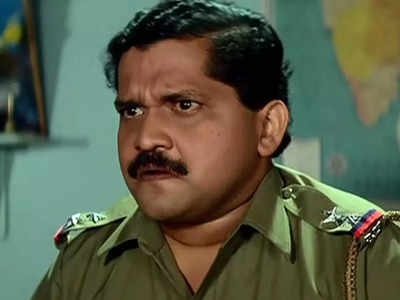Tiku Talsaniaa veteran actor best known for his roles in legendary films like Andaz Apna Apna, is in critical condition after suffering a brain attack, according to reports. Initial reports claimed a myocardial infarctionbut his family corrected the facts. The latest incident sparked curiosity about the differences between a brain stroke and a heart attack, two critical illnesses that require prompt medical attention but have different causes, symptoms and treatments. Here’s everything you need to know about their differences.
What is a cerebral infarction? What is a heart attack?
Stroke: A cerebral infarction occurs when blood flow to the brain is interrupted, according to US CDC. This can occur due to a blockage (ischemic stroke) or bleeding (hemorrhagic stroke). Without enough oxygen, brain cells begin to die.
Heart attack: A heart attack occurs when blood flow to the heart is blocked, usually by a clot, according to British NHS. This causes damage to the heart muscles as they are starved of oxygen.

Differences between stroke and heart attack
Area affected:
A stroke affects the brain and affects movement, speech and thinking.
A heart attack damages the heart, which can affect its pumping ability.
Cause:
Stroke: Blockage or bleeding in the arteries of the brain.
Heart attack: Blockage in the arteries that supply the heart.
Symptoms:
Symptoms of stroke: Sudden numbness or weakness (especially on one side of the body), trouble speaking, vision problems, dizziness and severe headache.
Symptoms of heart attack: Chest pain or discomfort (may feel like squeezing), shortness of breath, sweating, nausea and pain in the arm, jaw or back.
Symptoms to look out for
Recognizing the symptoms early can save lives.
Warning signs of stroke (Use FAST):
– The face hangs: Is one side of the face uneven?
– Arm weakness: Can the person lift both arms?
– Speech difficulties: Are words slurred or hard to understand?
– Time to call: If these symptoms occur, call emergency services immediately.
Warning signs of a heart attack:
– Tightness or pain in the chest, often spreading to the left arm.
– Sweating and shortness of breath.
– Feeling dizzy or faint.
What to do?
For stroke:
Call an ambulance immediately.
If the person is conscious, keep them calm and avoid giving food or drink.
Note when symptoms began – this helps doctors decide on treatments such as blood clot-dissolving medications.
For heart attack:
Call emergency services immediately.
If the person is conscious, give them aspirin (unless allergic) to prevent further clotting.
Keep them calm and seated and monitor their breathing.

